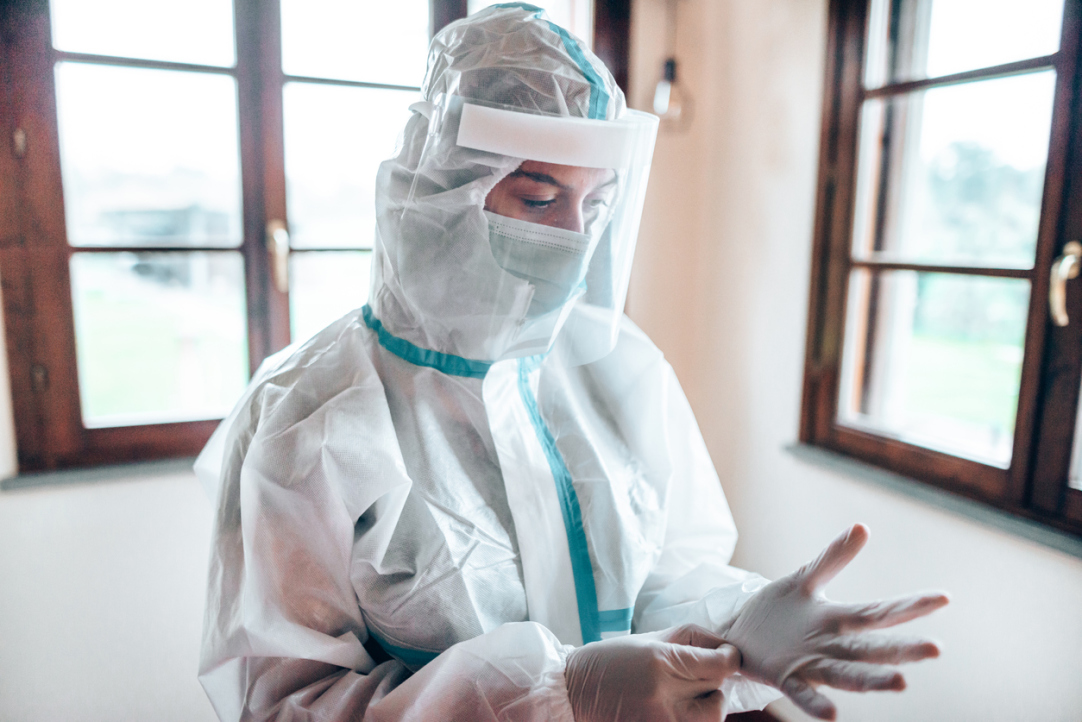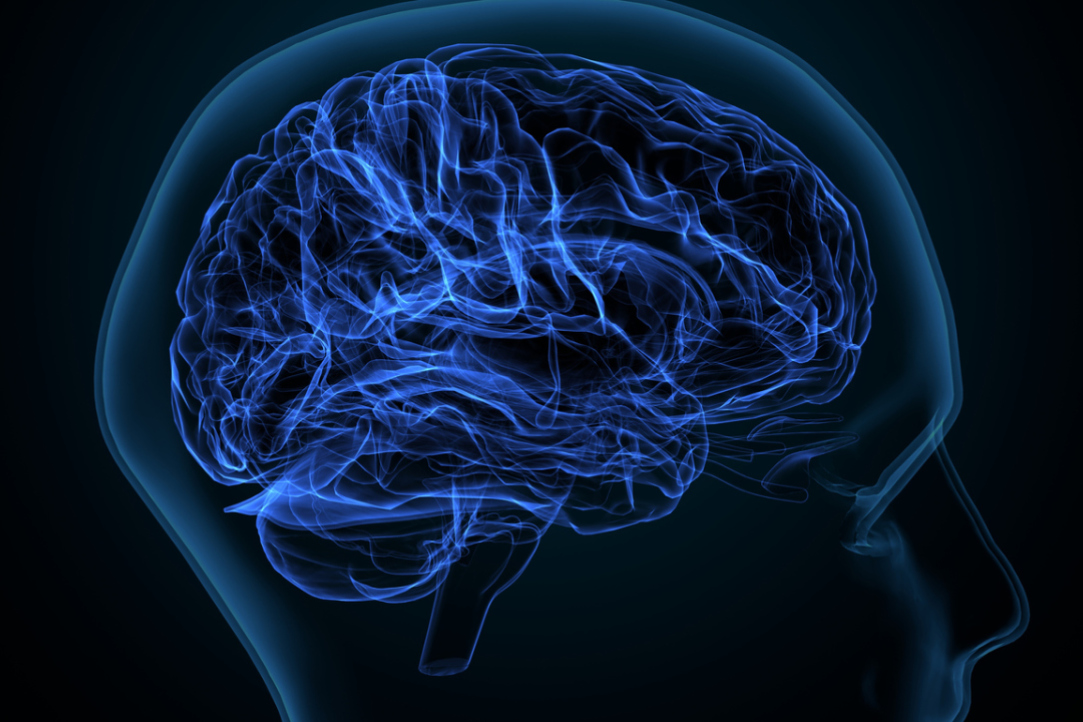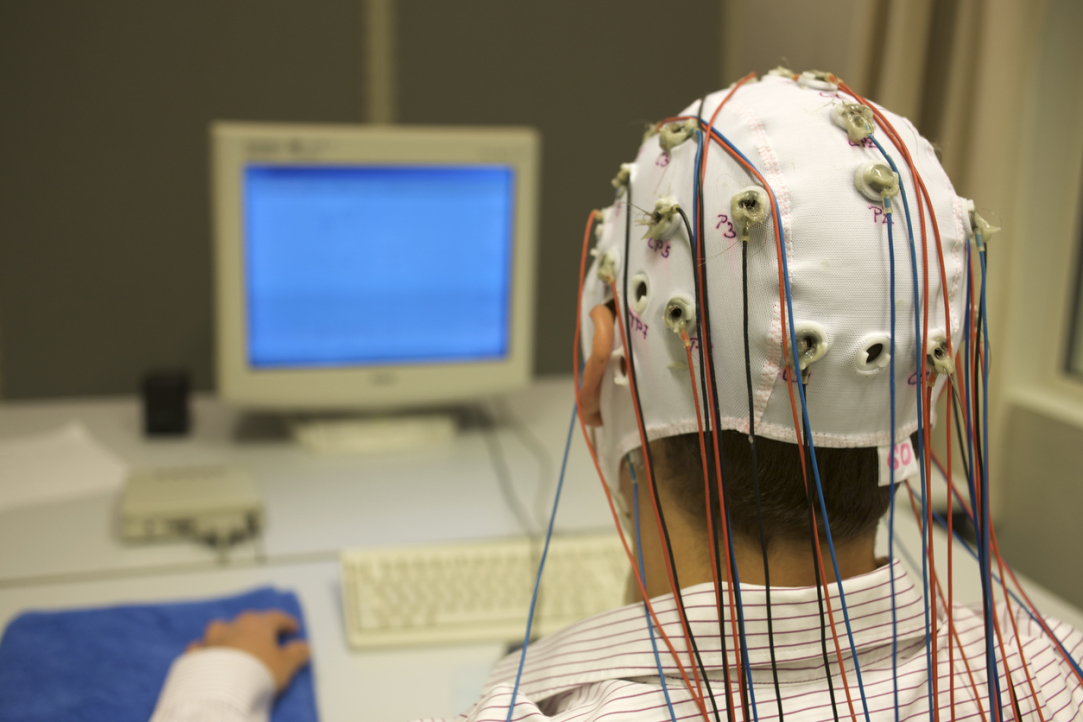COVID-19 came as an unexpected challenge for humanity. Countries adopted different, sometimes diametrically opposed approaches to minimising the pandemic's impact: from hard lockdowns to no restrictions at all, as in Sweden. It was only last week that China began to relax its zero-tolerance policy. Researchers of the HSE Faculty of Economic Sciences have identified a few factors which tend to have the greatest impact on the spread of COVID-19—in Russia, such factors include ambient humidity and temperatures, population mobility, the share of internal migrants in the local population, and household incomes. The study findings are published in
Population and Economics.







.jpg)









.jpg)


